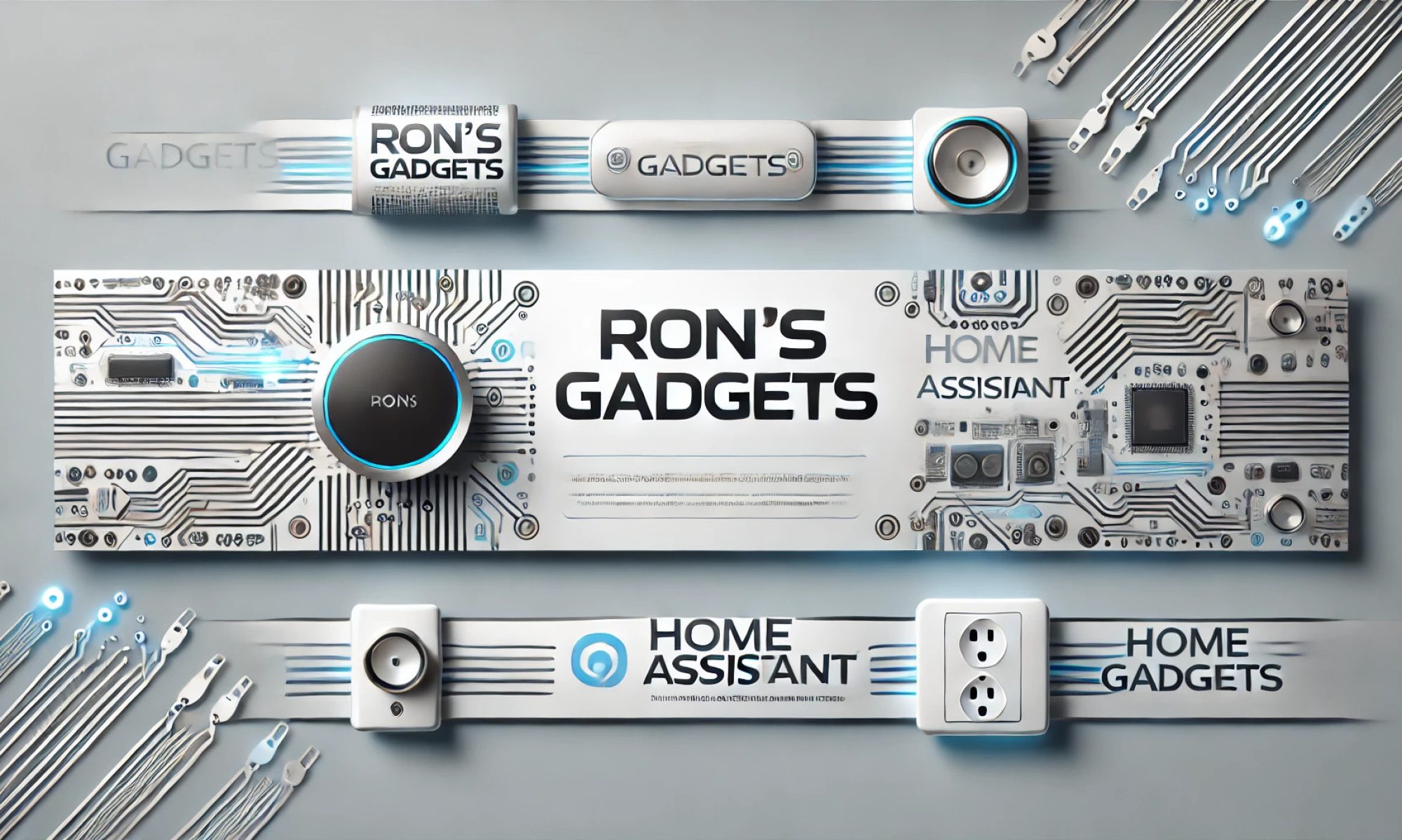When building a smart home, choosing the right technology for your devices is essential for creating a system that’s reliable, efficient, and future-proof. While many smart devices rely on Wi-Fi, there are compelling reasons to consider technologies like Zigbee or Matter instead. These protocols are designed specifically for smart home applications, offering unique advantages over Wi-Fi. Here’s why you should make the switch:
1. Wi-Fi Has a Hard Limit on Devices
Most typical Wi-Fi routers are designed to handle a limited number of simultaneous connections, often between 30 and 50 devices. In a modern smart home with dozens of gadgets like smart lights, switches, cameras, and sensors, this limit can quickly become a bottleneck. Adding more devices can lead to:
- Decreased Performance: Overloaded routers may experience slower speeds or unreliable connections.
- Frequent Drops: Devices may lose their connection, disrupting automations and reliability.
Zigbee and Matter operate on separate, low-power wireless protocols, freeing your Wi-Fi router from managing the load. These technologies allow you to connect hundreds of devices seamlessly, ensuring your smart home remains responsive and stable.
2. Low Power Consumption for Battery-Powered Devices
One of Wi-Fi’s biggest drawbacks is its high power consumption. Devices that rely on Wi-Fi need to maintain an active connection to your router, which can drain batteries quickly. For battery-powered sensors like motion detectors, door/window sensors, and temperature monitors, this is simply not practical.
Zigbee and Matter, on the other hand, are designed for low power consumption:
- Extended Battery Life: Zigbee devices can run for years on a single battery.
- Energy Efficiency: Matter-enabled devices optimize energy usage, making them ideal for battery-powered gadgets.
If you plan to include battery-operated devices in your smart home, Zigbee or Matter is the way to go.
3. Mesh Networking for Better Coverage
Wi-Fi devices often struggle with range issues, especially in larger homes or buildings with thick walls. While range extenders can help, they add complexity to your network and may still leave dead spots.
Zigbee and Matter use mesh networking, where devices communicate with one another to extend the network’s range. This means:
- Improved Coverage: Devices act as repeaters, ensuring strong connectivity even in distant areas of your home.
- No Need for Extenders: The network grows naturally as you add more devices.
4. Future-Proof Your Smart Home
The number of smart devices in homes is expected to grow exponentially in the coming years. Relying solely on Wi-Fi for your smart home could lead to performance bottlenecks as you add more devices. Zigbee and Matter are designed to handle hundreds of devices efficiently, ensuring your system remains robust and reliable as your smart home evolves.
5. Improved Security and Interoperability
Matter, in particular, is a new standard designed for interoperability between brands. It allows devices from different manufacturers to work seamlessly together while maintaining high security standards. Unlike some Wi-Fi devices that may lack proper encryption or rely on cloud servers, Zigbee and Matter prioritize local control and data privacy.
Conclusion
While Wi-Fi devices are convenient for certain applications, relying on Wi-Fi for your entire smart home is not a sustainable solution. Zigbee and Matter offer significant advantages, including better scalability, lower power consumption, improved range, and future-proof reliability. By choosing these technologies, you’ll build a smart home that’s not only efficient today but also ready for tomorrow.
If you’re planning your smart home, consider prioritizing Zigbee and Matter-enabled devices to avoid the pitfalls of Wi-Fi and create a truly connected, reliable, and energy-efficient home.
